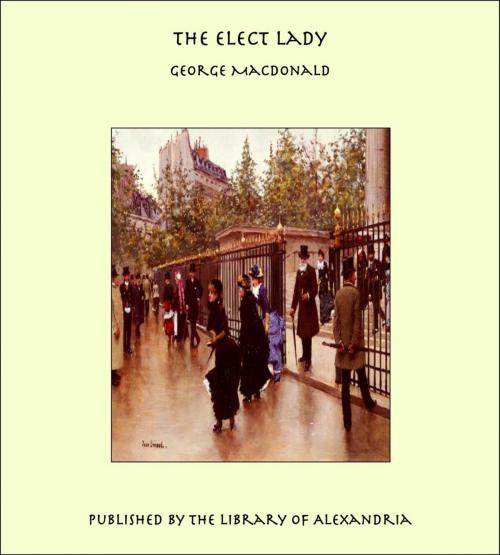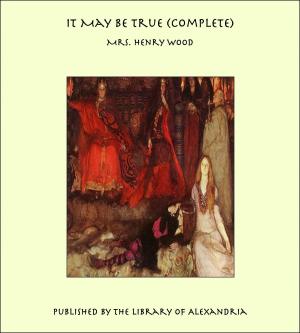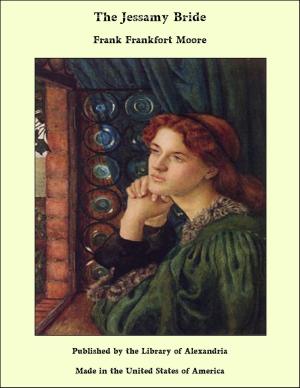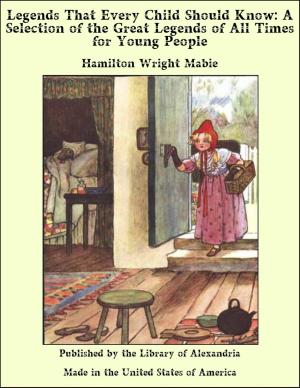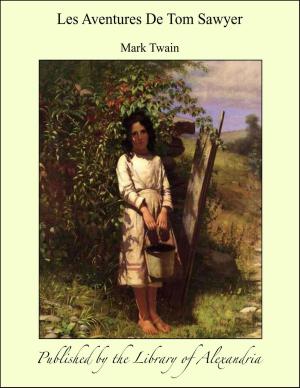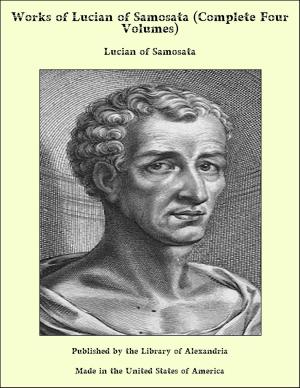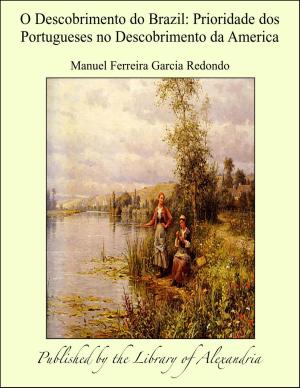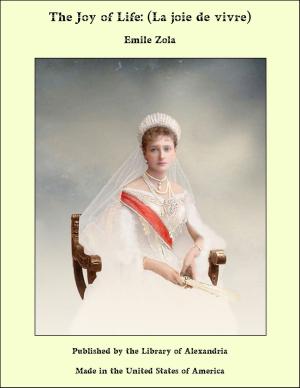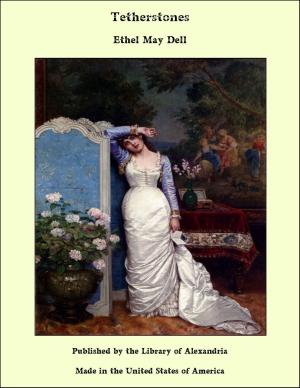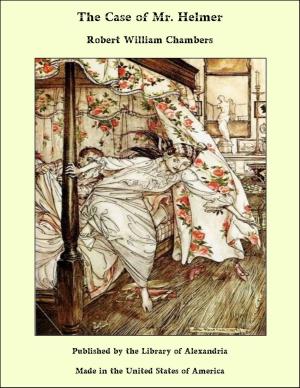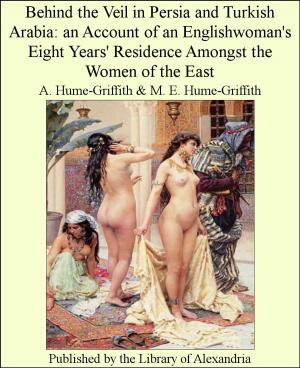| Author: | George MacDonald | ISBN: | 9781465550729 |
| Publisher: | Library of Alexandria | Publication: | March 8, 2015 |
| Imprint: | Language: | English |
| Author: | George MacDonald |
| ISBN: | 9781465550729 |
| Publisher: | Library of Alexandria |
| Publication: | March 8, 2015 |
| Imprint: | |
| Language: | English |
LANDLORD'S DAUGHTER AND TENANT'S SON. In a kitchen of moderate size, flagged with slate, humble in its appointments, yet looking scarcely that of a farmhouse—for there were utensils about it indicating necessities more artificial than usually grow upon a farm—with the corner of a white deal table between them, sat two young people evidently different in rank, and meeting upon no level of friendship. The young woman held in her hand a paper, which seemed the subject of their conversation. She was about four- or five-and-twenty, well grown and not ungraceful, with dark hair, dark hazel eyes, and rather large, handsome features, full of intelligence, but a little hard, and not a little regnant—as such features must be, except after prolonged influence of a heart potent in self-subjugation. As to her social expression, it was a mingling of the gentlewoman of education, and the farmer's daughter supreme over the household and its share in the labor of production. As to the young man, it would have required a deeper-seeing eye than falls to the lot of most observers, not to take him for a weaker nature than the young woman; and the deference he showed her as the superior, would have enhanced the difficulty of a true judgment. He was tall and thin, but plainly in fine health; had a good forehead, and a clear hazel eye, not overlarge or prominent, but full of light; a firm mouth, with a curious smile; a sun-burned complexion; and a habit when perplexed of pinching his upper lip between his finger and thumb, which at the present moment he was unconsciously indulging. He was the son of a small farmer—in what part of Scotland is of little consequence—and his companion for the moment was the daughter of the laird. "I have glanced over the poem," said the lady, "and it seems to me quite up to the average of what you see in print." "Would that be reason for printing it, ma'am?" asked the man, with amused smile
LANDLORD'S DAUGHTER AND TENANT'S SON. In a kitchen of moderate size, flagged with slate, humble in its appointments, yet looking scarcely that of a farmhouse—for there were utensils about it indicating necessities more artificial than usually grow upon a farm—with the corner of a white deal table between them, sat two young people evidently different in rank, and meeting upon no level of friendship. The young woman held in her hand a paper, which seemed the subject of their conversation. She was about four- or five-and-twenty, well grown and not ungraceful, with dark hair, dark hazel eyes, and rather large, handsome features, full of intelligence, but a little hard, and not a little regnant—as such features must be, except after prolonged influence of a heart potent in self-subjugation. As to her social expression, it was a mingling of the gentlewoman of education, and the farmer's daughter supreme over the household and its share in the labor of production. As to the young man, it would have required a deeper-seeing eye than falls to the lot of most observers, not to take him for a weaker nature than the young woman; and the deference he showed her as the superior, would have enhanced the difficulty of a true judgment. He was tall and thin, but plainly in fine health; had a good forehead, and a clear hazel eye, not overlarge or prominent, but full of light; a firm mouth, with a curious smile; a sun-burned complexion; and a habit when perplexed of pinching his upper lip between his finger and thumb, which at the present moment he was unconsciously indulging. He was the son of a small farmer—in what part of Scotland is of little consequence—and his companion for the moment was the daughter of the laird. "I have glanced over the poem," said the lady, "and it seems to me quite up to the average of what you see in print." "Would that be reason for printing it, ma'am?" asked the man, with amused smile
